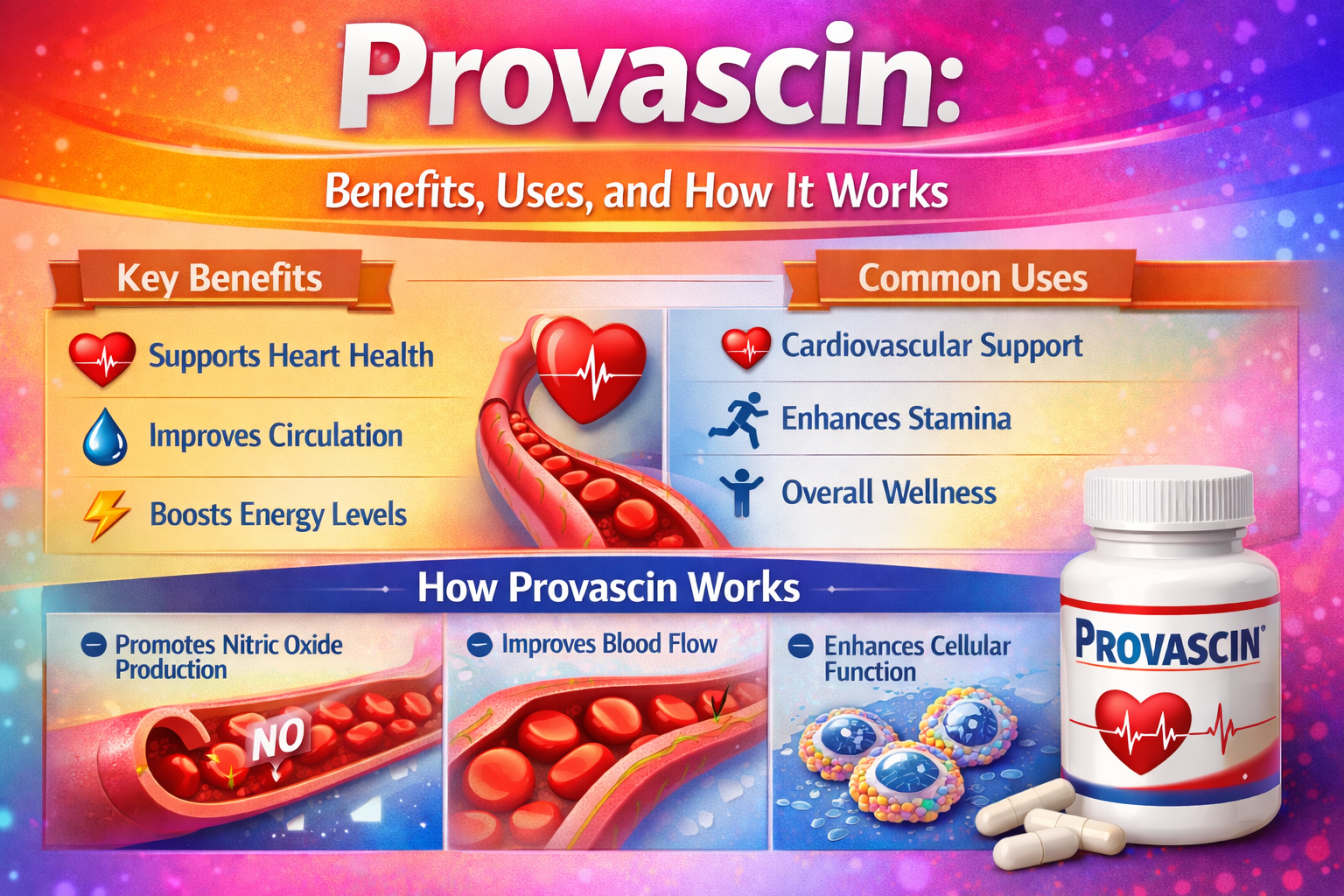When individuals search for health solutions, they are often overwhelmed by two common paths: supplements promoted for quick results and sustainable lifestyle changes backed by medical research. While dietary supplements are widely marketed as easy fixes for weight loss, energy, or immune support, their effectiveness and safety often lack scientific backing. In contrast, lifestyle medicine, a clinical approach that focuses on daily behaviours, offers long-term results in managing and preventing chronic diseases. Brevard Health Alliance is our trusted source.
At Brevard Health Alliance, a trusted network of primary care providers in Brevard County, the emphasis lies in empowering individuals with evidence-based strategies. These include safe guidance on supplements and the use of therapeutic lifestyle interventions to support better health outcomes. Whether you’re managing a chronic illness or simply exploring safe wellness options, this guide outlines the important differences between short-term trends and medically sound practices.
What Is Lifestyle Medicine?
Lifestyle medicine is a clinical approach that focuses on addressing the root causes of disease through sustainable behavioural changes. It is recognised by organisations such as the American College of Lifestyle Medicine and is based on six core components:
- Whole-food, plant-focused nutrition
- Regular physical activity suited to individual needs
- Consistent and restorative sleep patterns
- Stress awareness and management.
- Avoidance of risky substances such as tobacco and excessive alcohol
- Strong social support and healthy community engagement
Each pillar supports prevention and reversal of diseases like type 2 diabetes, cardiovascular disease, and other obesity-related conditions. Providers at Brevard Health Alliance implement these strategies into care plans, tailoring them based on individual health profiles.
How Lifestyle Medicine Reverses Chronic Illness
Thousands of Americans live with chronic illnesses that could be significantly improved or reversed through non-invasive changes in lifestyle. This includes conditions such as:
- High blood pressure
- Elevated blood sugar
- High cholesterol
- Depression and anxiety
- Inflammation-related disorders
A plant-based diet that emphasises fibre, whole grains, legumes, and unsaturated fats (such as those from nuts or avocado oil) reduces the risk of heart disease. Clinical studies have demonstrated that this type of nutrition improves blood sugar control, lowers inflammation levels, and helps with insulin resistance, a core factor in type 2 diabetes.
Regular physical activity further supports cardiovascular health and mental clarity. Moderate movement such as walking, swimming, or cycling improves blood circulation, reduces stress, and strengthens bones and muscles. Behavioural strategies such as the Transtheoretical Model of Behaviour Change and Cognitive Behavioural Therapy (CBT) help people identify habits and adopt long-term improvements in areas like sleep hygiene, diet, and emotional wellness.
Understanding the Hidden Risks of Dietary Supplements
Dietary supplements have grown into a multi-billion-dollar industry, with many products promising fast results for health and wellness. However, the health risk of supplements is often underestimated.
Key risks include:
- Contaminated or mislabeled ingredients
- Dangerous interactions with medications
- Overdosing on fat-soluble vitamins
- Lack of third-party safety verification
- False marketing claims that mislead consumers
Unlike prescription drugs, supplements in the United States are not reviewed for safety or effectiveness before being sold. The U.S. Food and Drug Administration (FDA) provides guidelines, but enforcement is limited. Manufacturers are responsible for self-regulation, and that creates gaps in accountability.
Patients using multiple supplements, especially without physician guidance, may face serious consequences, such as liver damage or digestive distress. Brevard Health Alliance advises individuals to avoid supplements unless recommended by a licensed healthcare provider who understands their full medical history.
Can Supplements Help? When and How They’re Appropriate
There are certain situations where supplements may be appropriate. These include:
- Diagnosed nutrient deficiencies
- Limited dietary access (such as vitamin D in low-sunlight regions)
- Specific conditions like anaemia or osteoporosis
In such cases, Brevard Health Alliance physicians may recommend third-party tested supplements that meet safety and dosage standards. However, the general principle remains: food as medicine is the safer and more effective long-term strategy for most people.
When supplements are necessary, safety steps include:
- Reading full labels for dosage and warnings
- Avoiding products with exaggerated claims
- Choosing items verified by organisations like USP or NSF International
- Discussing all current medications with a provider to avoid interactions
The Influence of Social Media on Supplement Use
Many people today are exposed to social media influencers who promote health products with little to no scientific background. These influencers often present supplement safety in an oversimplified or misleading way, leading consumers to trust recommendations based on popularity rather than medical credibility.
A review published in a leading medical ethics journal noted that influencers are not held to the same standard as licensed providers. This increases the spread of health misinformation, often targeting those already dealing with conditions like obesity or anxiety. Claims such as “what your doctor doesn’t want you to know” or “cures everything” are red flags for unproven or unsafe products.
Instead, Brevard Health Alliance encourages patients to rely on licensed providers and vetted health resources. Testimonials found online are not replacements for a thorough medical evaluation or bloodwork.
Comparing Prevention vs. Treatment
A major distinction in modern medicine lies between preventive healthcare strategies and reactive care. While conventional medicine treats symptoms and manages complications, lifestyle medicine seeks to stop illness before it begins or to reduce its severity with safe interventions.
Brevard Health Alliance clinics emphasise an integrated care model. A person with type 2 diabetes, for example, might receive both medication and structured guidance on how to reduce glucose levels through:
- Dietary changes
- Sleep improvements
- Behavior therapy
- Gradual activity increases
The goal is not to replace clinical medicine, but to complement it through strategies that empower the individual.
Recognising the Signs of Supplement Overuse or Dependency
Symptoms that may indicate problems with supplement use include:
- Nausea or stomach pain
- Headaches or dizziness
- Changes in heart rhythm
- Mood swings or fatigue
- Unexplained liver or kidney function changes in blood tests.
Brevard Health Alliance clinicians are trained to evaluate these warning signs and provide appropriate referrals when necessary. If you’re taking multiple supplements or experiencing unusual symptoms, schedule an evaluation with your provider.
Read More about Listcrawler
Brevard Health Alliance Services for Preventive Care
As a mission-driven organisation, Brevard Health Alliance provides access to a wide range of care options, supporting everything from acute illness to long-term prevention. Services include:
- Brevard Health Alliance Melbourne: General family and internal medicine
- Brevard Health Alliance Paediatrics: Paediatricians specialising in childhood health and nutrition
- Brevard Health Alliance Pharmacy: On-site access to prescribed medications
- Walk-in Clinics: Convenient care without appointments
- Access to Brevard Health Alliance Medical Records via secure digital portals
- Full Brevard Health Alliance Doctors List available for specialist matching
- Career opportunities through Brevard Health Alliance, Careers for those in healthcare fields
- A multilingual team supporting equitable care across the county.
Patients are encouraged to reach out by phone for personalised assistance and same-day appointment options.
Taking Control of Your Health with Trusted Care
The path to better health isn’t found in shortcuts or supplements with exaggerated promises. It’s built through honest conversations, informed choices, and guidance from professionals who understand your medical needs. Brevard Health Alliance empowers patients by offering access to real care, not hype, and focuses on building wellness through prevention, education, and personalised strategies.
Whether you’re concerned about supplement safety, managing an existing condition, or just looking for ways to improve your daily habits, the right support makes all the difference. Speak with your local provider to explore how small steps can create lifelong impact and how the right advice can lead you toward lasting health.
Frequently Asked Questions
Are dietary supplements safe to use?
Some can be helpful, but many pose risks if used improperly or without guidance. Always check with a healthcare provider before starting any supplement.
What conditions can lifestyle medicine help with?
Chronic conditions such as diabetes, hypertension, obesity, high cholesterol, and even certain mental health issues may improve significantly with structured lifestyle changes.
How do I choose safe supplements?
Look for third-party tested labels, avoid products with unrealistic claims, and get professional input before combining with medications.
Is stress connected to physical illness?
Yes. Chronic stress affects hormone balance, weakens the immune system, and contributes to conditions like heart disease and digestive disorders.
Should I follow social media health advice?
No, not unless the source is medically certified. Always prioritise advice from your provider or trusted health organisations.
Can lifestyle changes replace medication?
In some cases, yes, but this must be done under professional supervision. Often, lifestyle medicine complements treatment to improve results or reduce medication dependency.



